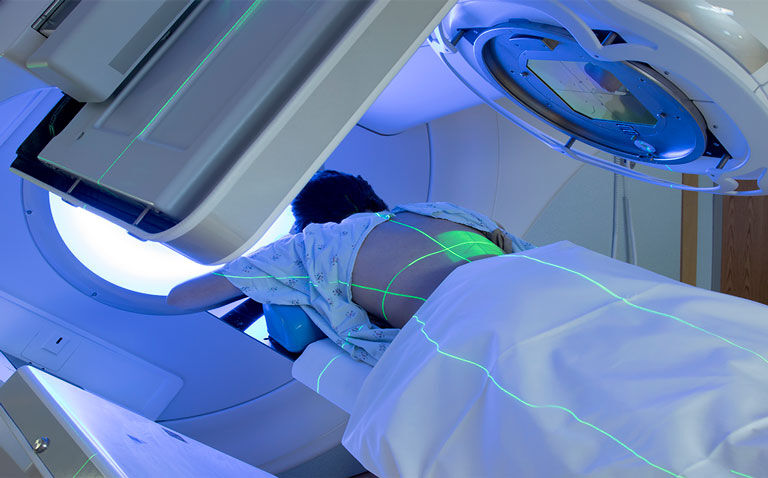Artificial intelligence technologies could be utilised to reduce the time needed for contouring during radiotherapy treatment planning, according to draft guidance from NICE.
In June 2023, NICE guidance suggested lower intensity and shorter duration radiotherapy in breast cancer did not impact on breast cancer-related mortality or disease recurrence and therefore served as a suitable alternative to the current standard care.
Now, related draft guidance proposes that artificial intelligence (AI) technologies have the potential to help healthcare professionals to produce contours more quickly, which could improve workflow efficiency.
AI technologies and contouring
Evidence made available to NICE’s independent medical technologies advisory committee indicates how AI technologies generally produce similar quality contours of organs at risk as those carried out manually, with most only needing minor edits.
Currently, following a CT or MRI scan, a radiographer has to manually contour an image to highlight organs at risk of radiation damage, lymph nodes and the site of the cancer. The dose of radiotherapy is not only calculated to target the tumour site but also to prevent organs and healthy tissue from being damaged.
Clinical experts advising the independent NICE committee estimated a time saving of 10-30 minutes per plan, depending on the amount of editing needed, while the clinical evidence presented to the committee suggests it may range between three and 80 minutes of time saved per plan.
Sarah Byron, programme director for health technologies at NICE, said: ‘NHS colleagues working on the front line in radiotherapy departments are under severe pressure with thousands of people waiting for scans.
‘The role imaging plays in radiotherapy treatment planning is quite pivotal, so recommending the use of AI technologies to help support treatment planning alongside clinical oversight by a trained healthcare professional could save both time and money.‘
Health and social care secretary Steve Barclay added: ‘It’s hugely encouraging to see the first positive recommendation for AI technologies from a NICE committee, as I’ve been clear the NHS must embrace innovation to keep fit for the future.
‘These tools have the potential to improve efficiency and save clinicians’ thousands of hours of time that can be spent on patient care. Smart use of tech is a key part of our NHS Long Term Workforce Plan, and we’re establishing an expert group to work through what skills and training NHS staff may need to make best use of AI.‘










